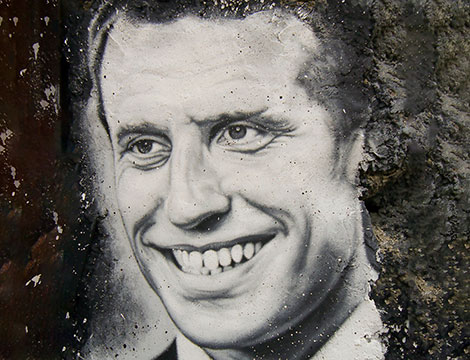
This article was originally published by the IPI Global Observatory on 20 September 2017.
As the United Nations General Assembly kicked off in New York this week, Myanmar’s State Counselor Aung San Suu Kyi—notably absent from the multilateral forum’s high-level session—finally spoke at length about the current crisis involving her country’s Rohingya ethnic minority. Suu Kyi’s national address on September 19, although condemning “all human rights violations and unlawful violence,” has done little to calm the critics who believe Myanmar’s leader is not doing nearly enough to acknowledge the dire humanitarian situation and help ensure that current challenges are overcome.
Three weeks into the current wave of violence that erupted in Rakhine State, reports continue to filter out, despite curbs on media access. These detail the Burmese army and Buddhist gangs directly targeting civilians, including perpetrating rapes and burning whole villages to the ground.

